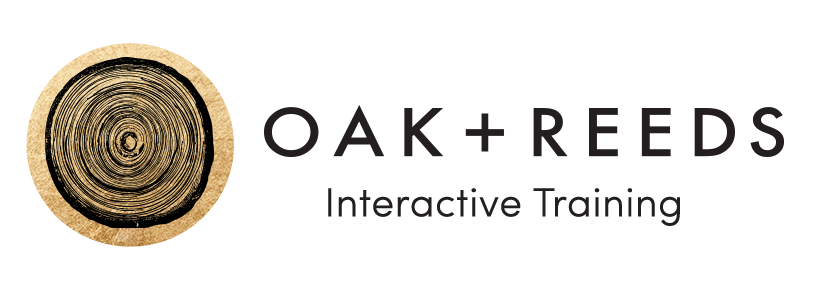In the 1880s, a German psychologist named Hermann Ebbinghaus, launched a study on human memory. He developed a theory called the Ebbinghaus Forgetting Curve, which illustrates the rate at which people forget new information.
Ebbinghaus Forgetting Curve
Forgetting - that red line - happens most rapidly right after learning occurs; it then slows down as time passes. A typical forgetting curve shows that newly-acquired information and memories are halved in a matter of days or weeks - unless the information is reviewed.
How quickly we forget things depends on a number of factors, including:
Method of learning: The volume of information and the pace with which it is given tends to hasten the forgetting process. Learners are less likely to absorb new information when they are presented with large amounts of data and fast-paced instruction over a short period of time.
Think of the popular language-learning platform, Duolingo. They offer bite-sized lessons proven to foster long-term retention. With more than 300 million users, it is the most downloaded education app in the world.
When learners are given space for frequent and consistent practice, they have a better chance of retaining information.
How meaningful the information is: Learners are less motivated to learn if they don’t appreciate how new information can positively impact their lives. In order to engage meaningfully, adult learners need to understand what the information can mean to them.
The theory of hyperbolic discounting refers to the tendency for people to increasingly choose a smaller-sooner reward over a larger-later reward as the delay occurs sooner rather than later in time. Simply, adult learners prefer rewards that come sooner over rewards that happen later, even when the later reward is larger. The reward, in this case, is the personal benefit they see from applying the learning in their lives.
Environmental factors: Better rested learners are more equipped to retain information. While stress is traditionally thought to enhance how vividly people remember, it negatively affects how well people retain information. Studies in psychology and neuroscience show that “stress may hamper the updating of memories in the light of new information.”
Alarmingly, Ebbinghaus’ findings show that if learners don’t apply what they’ve learned, they may forget about 80% of it within 30 days.


